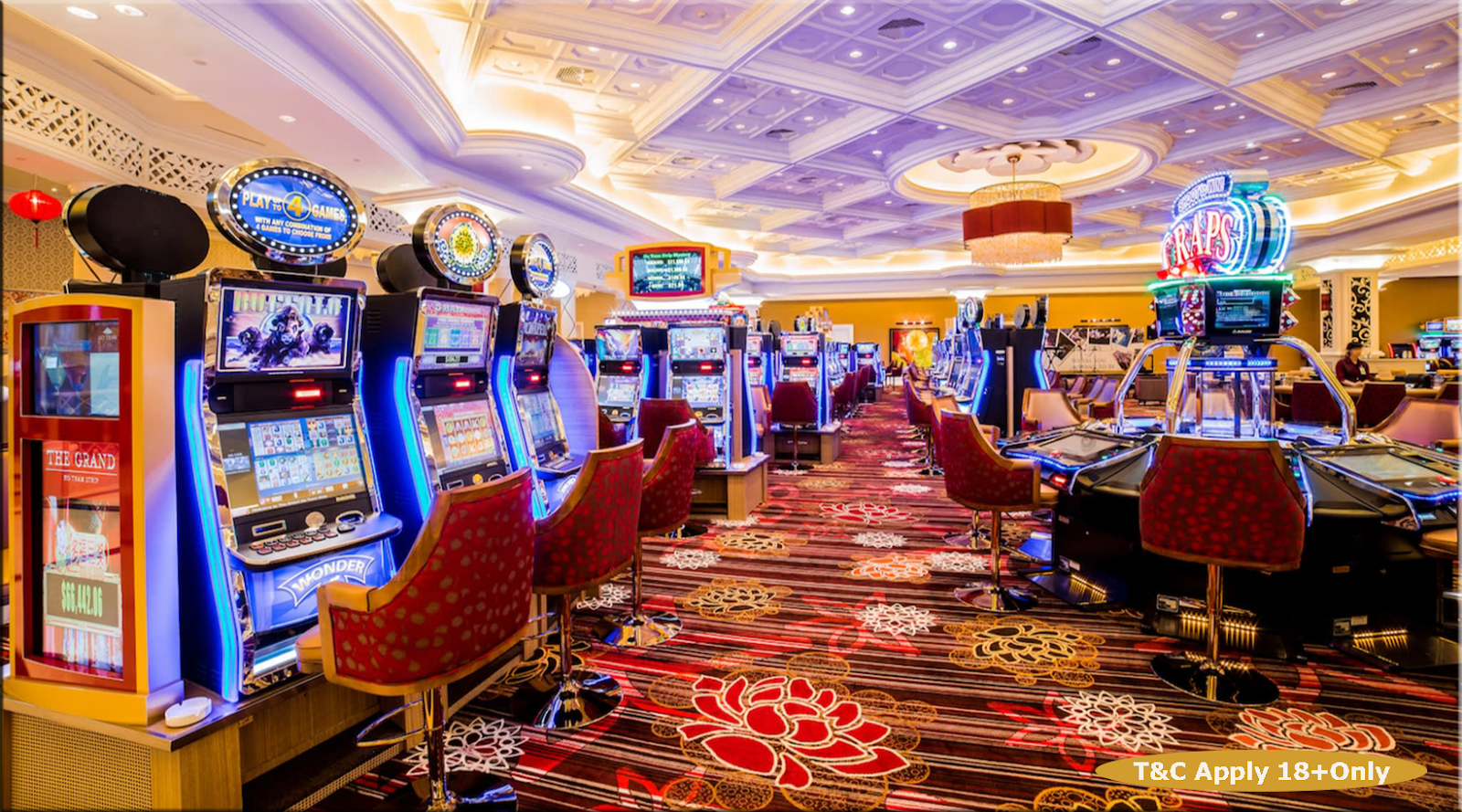Developing a Gambling Game Kingdom: Tales from this Industry
This allure of casino games has captivated millions around the world for decades. From the spinning wheel of fortune to the noise of shuffling deck of cards, the excitement of luck and expertise merges to create an exciting atmosphere that attracts players in. These games are not just pastimes; they have become an essential part of the cultural industry, evolving into a worldwide phenomenon that covers lavish getaways, vibrant digital gambling spaces, and all that lies in between.
As the desire for one-of-a-kind and immersive encounters keeps to grow, the stories behind the triumph of gaming experiences reveal a captivating landscape. Entrepreneurs and creators are constantly stretching the frontiers of creativity and fresh ideas, causing the development of fresh gaming options and immersive tech. Exploring these narratives provides us insight into the requirements to create a casino game empire and the enthusiasm that motivates those behind the scenes.

The Progression of Gambling Games
Gambling games have a vast past that stretches back hundreds of years, with their beginnings frequently connected with historic ceremonies and communal events. The earliest forms of gambling can be connected back to long-ago Chinese civilization, where games involving dice were played, and also to the Romans who enjoyed betting on multiple events. Over time, these rudimentary games evolved into more organized forms, resulting in the creation of titles including baccarat and roulette in the 17th century. These initial gambling games laid the basis for the industry we experience today. OKE179
As the world advanced, so did the complexity and variety of casino games. The 19th century marked a noteworthy turning point with the creation of formal casinos in places like Monte Carlo and Las Vegas. This era saw the introduction of famous games such as poker and blackjack, which enthralled the interests of participants around the world. The surge of these games was fueled by innovations in game design and the development of betting regulations that rendered the industry more regulated and attractive to the public.
The technological revolution in the final 20th and early 21st centuries altered the landscape of casino games yet again. The introduction of the internet brought about online casinos, enabling players to play their preferred games from the comfort of their houses. This change not only expanded the scope of gambling options but also opened up new formats like live dealer games and mobile gaming apps. Today, the gambling game empire continues to progress, with cutting-edge technologies such as virtual reality and blockchain potentially set to change the coming years of gambling.
Winning Game Creation Strategies
The foundation of a flourishing casino game empire lies in the creation of entertaining and creative games that enthrall players. A effective strategy requires comprehensive market research to grasp existing trends and player preferences. By evaluating user feedback and watching successful titles, developers can recognize what appeals with players and what features are in demand. Including original themes, multifaceted game mechanics, and visually appealing graphics are crucial to stand out in a challenging landscape.
Partnership is another key element of effective game development. Assembling talented designers, programmers, and mathematicians certifies that games are not only visually impressive but also balanced in terms of gameplay. Encouraging clear communication among team members nurtures creativity and results in novel concepts. Moreover, connecting with players during the beta testing phase enables developers to gather precious insights that can enhance gameplay elements before the official launch.
Lastly, effective marketing strategies cannot be dismissed in establishing a flourishing casino game empire. Creating a compelling narrative around the game and utilizing social media platforms to create buzz can greatly impact player acquisition. Offering deals, loyalty rewards, and engaging in community events can additionally enhance player retention. By blending strong development practices with smart marketing, game developers can create an engaging experience that keeps players coming back for further.
A Future of Gambling Play
The landscape of gambling play is evolving swiftly, driven by progress in technology and changing consumer preferences. Online and portable gaming is poised to dominate the industry as more gamblers seek ease and availability. Augmented VR and virtual AR are also integrating into the gambling experience, providing immersive settings that elevate classic gameplay to a new standard. As gamblers crave more participatory and engaging interactions, casinos will need to adapt and innovate to keep their customers engaged.
Additionally, the integration of artificial tech and information analytics will play a significant role in defining the future of gambling games. Casinos will utilize information to analyze player actions, personalize interactions, and enhance customer service. Personalization will become key, as players will demand games that adapt to their tastes and gaming habits. As the gambling industry makes use of these understandings, the development of new play formats and elements will likely arise, keeping the gambling experience fresh and exciting for everyone.
Moreover, the movement towards safe play is becoming increasingly notable. As regulators and consumers focus more on gambler well-being, casinos will need to adopt measures that encourage responsible play practices. This could include options that allow players to set limits on their expenses and time spent playing, as well as improved resources for those who may be struggling with gambling addiction. By prioritizing responsible gaming, casinos can establish trust with their customers and ensure a viable future in the challenging environment of gambling play.